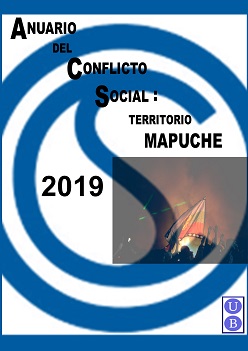The Judicialization of Social Protest: Between Repressive Strategy and the Search for a Protection Sphere
DOI:
https://doi.org/10.1344/ACS2020.11.7Keywords:
judicialization, human rights, Mapuche people, social outbreak, social protest, criminalizationAbstract
By crossing participant observation, ethnography, documental analysis and case-study in a sort of methodological DIY, we deal with the process of judicialization underwent by Chilean social protest from 18 October on. The results of such a process are the same as those experienced by Mapuche social protest in Wallmapu in the past twenty years: efficient repressive judicialization of protest, accompanied by increasingly inefficient protective judicialization, which accounts for the spreading to the Chilean society at large of the regime of legal exceptionality applied to the Mapuche people. Such an instrumental use of the country’s legal system makes it possible to go on with the continual violation of the rights of the victims of both police and political violence, increasing at the same time their suffering.
Downloads
Published
How to Cite
Issue
Section
License
Copyright (c) 2021 Centro de Investigación y Defensa Sur CIDSUR

This work is licensed under a Creative Commons Attribution 4.0 International License.
AUTHORS RETAIN COPYRIGHT. CREATIVE COMMONS
The authors who publish in this journal agree to the following terms:
- The authors retain the copyright and grant the journal the right of first publication of the work, which will be disseminated following the Creative Commons Attribution license.
- Authors are free to establish additional independent contractual agreements for the non-exclusive distribution of the version of the work published in the journal (such as publication in an institutional or thematic repository, their personal website or a book), provided have your initial publication in this journal recognized.
- Texts will be published under a Creative Commons Attribution License that allows others to share the work, provided they include an acknowledgement of the work’s authorship, its initial publication in this journal and the terms of the license.
- Self-archiving of pre-print and post-print versions is allowed.
Privacy statement
The email addresses and names entered in this publication will be used exclusively for the purposes declared and will not be used for any other urposes or made available to third parties.







